The Latest CME: Advances in Psychopharmacology
This unique online CME course is designed for experienced clinicians who understand the basic therapeutic mechanisms of psychotropic medications and who are familiar with neurobiological and genetic contributions to psychiatric illnesses. World-renowned faculty focus on treatment of both typical and difficult-to treat child, adolescent, or geriatric psychiatric patients.
In Psychopharmacology — A Masters Class, you’ll explore both the interface of medical and psychiatric disorders, and the interface between neurology and psychiatry. The importance of a therapeutic alliance when prescribing psychotropic medications is underscored, as are the hazards and benefits of polypharmacy drug interactions. Catch up on current and emerging treatments of:
– Schizophrenia or bipolar personality disorders
– Anxiety spectrum or sleep disorders
– Alcohol and substance abuse disorders
– Treatment resistant depression
– Women’s mental health issues
– ADHD
– Borderline personality disorders
– Eating disorders
Learning Objectives
Upon completion of this activity, participants will be better able to apply:
– Evaluate the effects of neurotransmitters and genes on psychotropic drug treatment
– Study the interface between neurology and psychiatry
– Describe the pharmacologic treatment of schizophrenia with particular reference to the prodromal period and first episode
– Outline the emerging theories and treatments of bipolar disorder, depression, treatment resistant depression, bipolar depression, stress and anxiety disorder
– Discuss the role of psychotropic medications in women’s mental health with an emphasis on PMS, pregnancy, nursing, and the postpartum period
– Review the appropriate use of medications in the treatment of sleep disorders
– Access psychopharmacologic treatment of eating disorders
– Summarize the interface between medicine and psychiatric disorders with an emphasis on cardiovascular disease and cancer
– Review the appropriate use of stimulants in the treatment of attention and ADHD disorders as well as their use as an adjunct to antidepressant treatment
– Identify psychopharmacologic treatment for the borderline personality disorder
– Explain the role of psychopharmacology in the treatment of substance use disorders with particular emphasis on alcohol, opiates, and cannabis
– Recognize when to utilize ECT and TMS for the treatment of depression
– Discuss standard psychopharmacologic treatments that have now been proven to be ineffective
– Give examples of the latest advances and problems associated with treatment approaches in the child, adolescent and geriatric populations
Intended Audience
Experienced clinicians in the field of psychopharmacology drawn from the following disciplines: psychiatry, medicine, nursing, nurse practitioners, and psychology.
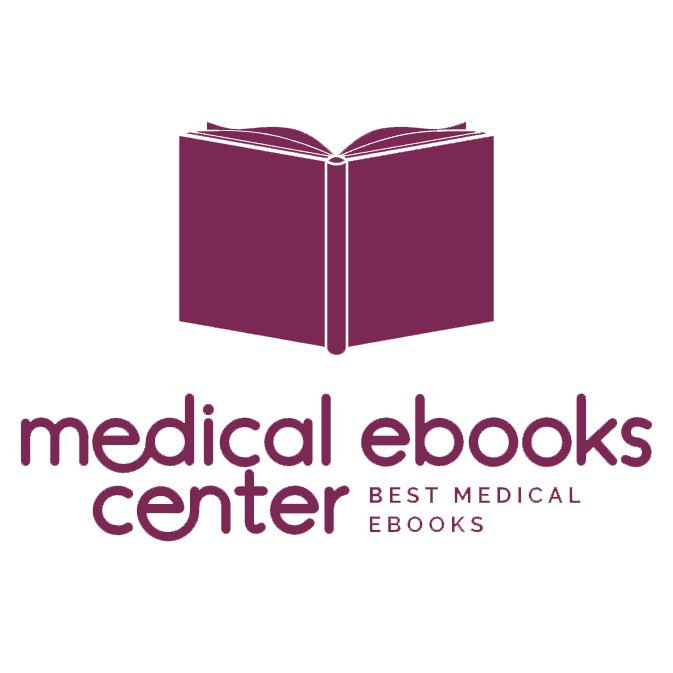

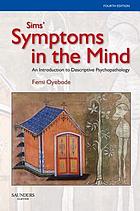
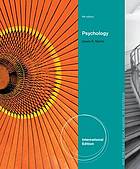
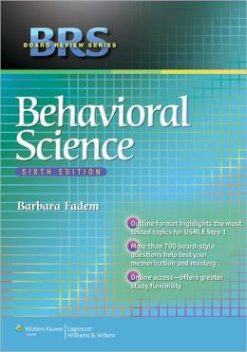

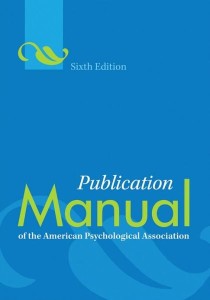
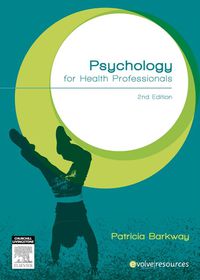
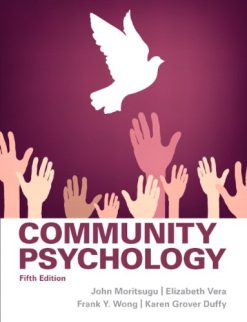

Reviews
There are no reviews yet.